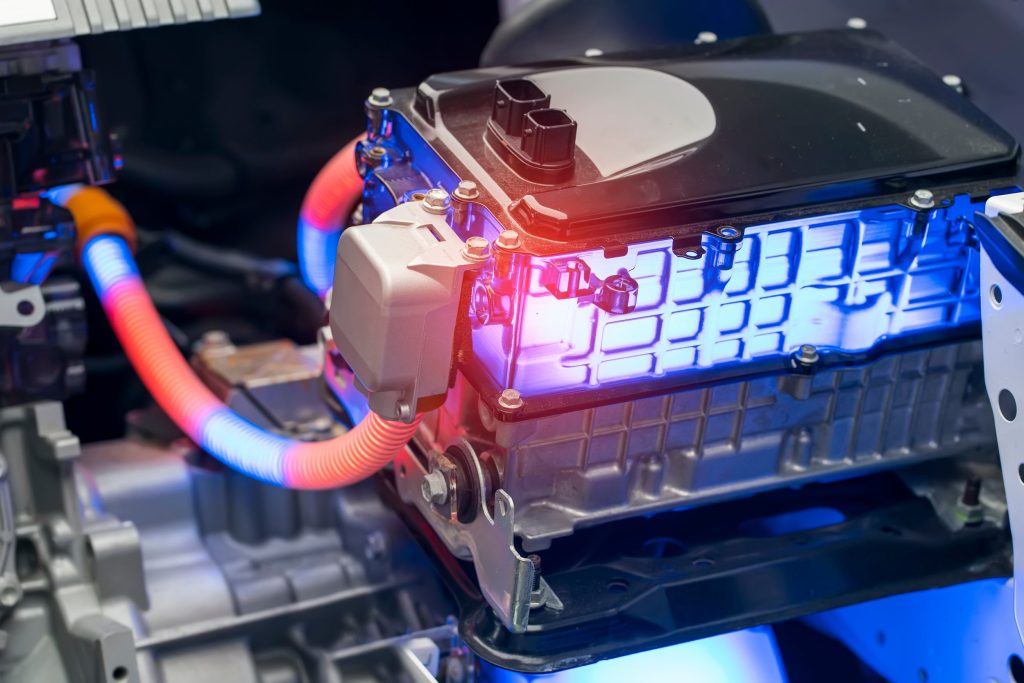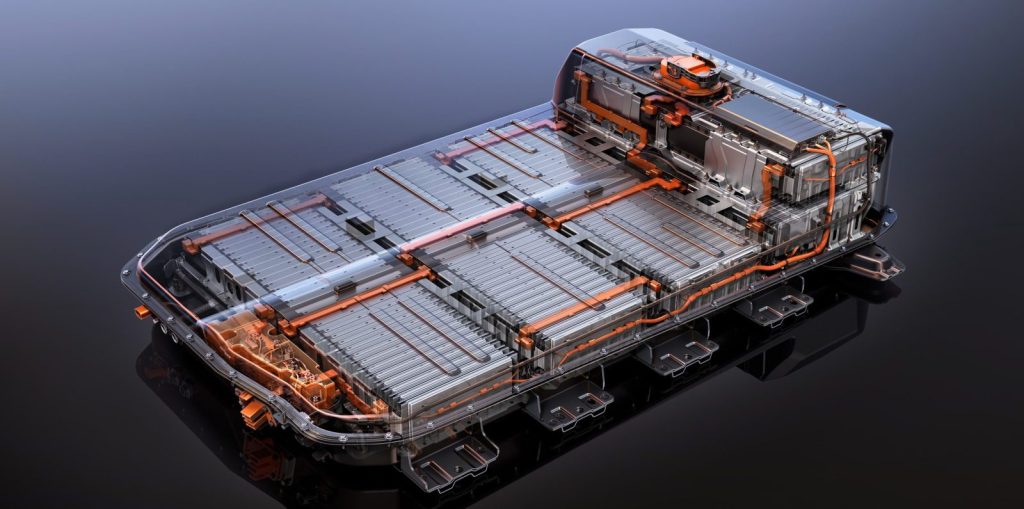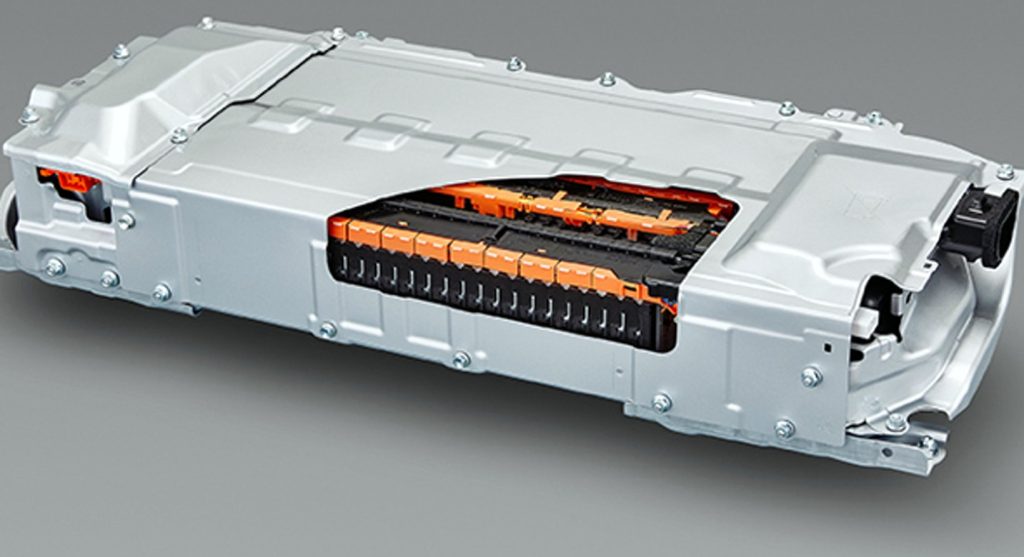Electric and hybrid vehicles are becoming increasingly popular as people look for more sustainable transportation options. One of the major components that enable these vehicles to run on electricity is the battery. In this blog, we will be discussing electric and hybrid batteries, their types, and how they work. Firstly, let’s discuss the difference between electric and hybrid batteries. An electric vehicle (EV) runs solely on battery power, whereas a hybrid vehicle has both a gasoline engine and an electric motor, which work together to power the vehicle. Electric vehicles use lithium-ion batteries to store electrical energy.

These batteries are known for their high energy density, which means they can store a large amount of energy in a small space. Lithium-ion batteries also have a long lifespan, making them a reliable choice for electric vehicles. Hybrid vehicles, on the other hand, use a combination of a gasoline engine and an electric motor. The battery in a hybrid vehicle is used to power the electric motor, which assists the gasoline engine during acceleration and other high-power demands. The battery in a hybrid vehicle is typically smaller than the battery in an electric vehicle, as it does not need to provide all the power for the vehicle. There are also different types of batteries used in electric and hybrid vehicles. Lithium-ion batteries are the most common, but there are also nickel-metal hydride batteries and solid-state batteries. Solid-state batteries are a newer technology that is still in development, but they have the potential to offer higher energy density and faster charging times than current lithium-ion batteries. In conclusion, electric and hybrid batteries are an essential component of sustainable transportation. Understanding the different types of batteries and how they work can help you make an informed decision when choosing an electric or hybrid vehicle.
Advantages Of Electric Battery
1. Environmentally friendly: Electric batteries are environmentally friendly and produce zero emissions, making them an eco-friendly alternative to traditional gasoline-powered vehicles.
2. Quiet: Electric batteries are incredibly quiet, which helps to reduce noise pollution in urban areas.
3. Low maintenance: Electric batteries have a minimal number of moving parts, which means that they require less maintenance compared to traditional combustion engine vehicles.

Electric batteries have some disadvantages, such as:
1. Limited range: Electric batteries have a limited range, which means that they need to be recharged frequently.
2. Longer charging time: Charging an electric battery takes longer than refuelling a gasoline-powered vehicle, which can be inconvenient for drivers who need to be on the road for extended periods.
3. High initial cost: Electric vehicles are typically more expensive than traditional gasoline-powered vehicles due to the cost of the battery technology. Despite these drawbacks, electric batteries offer a promising future for sustainable transportation, and advancements in technology are continually improving their capabilities.
Why EV car batteries are better than hybrid batteries!
While both electric and hybrid vehicle batteries have their advantages, it is difficult to say that one is better than the other as they serve different purposes. Electric vehicle batteries are generally larger and have a higher capacity, which allows them to provide more power and have a longer range. On the other hand, hybrid vehicle batteries are smaller and designed to work in conjunction with a gasoline engine, providing a boost to fuel efficiency and reducing emissions. Ultimately, the choice between an electric or hybrid.


